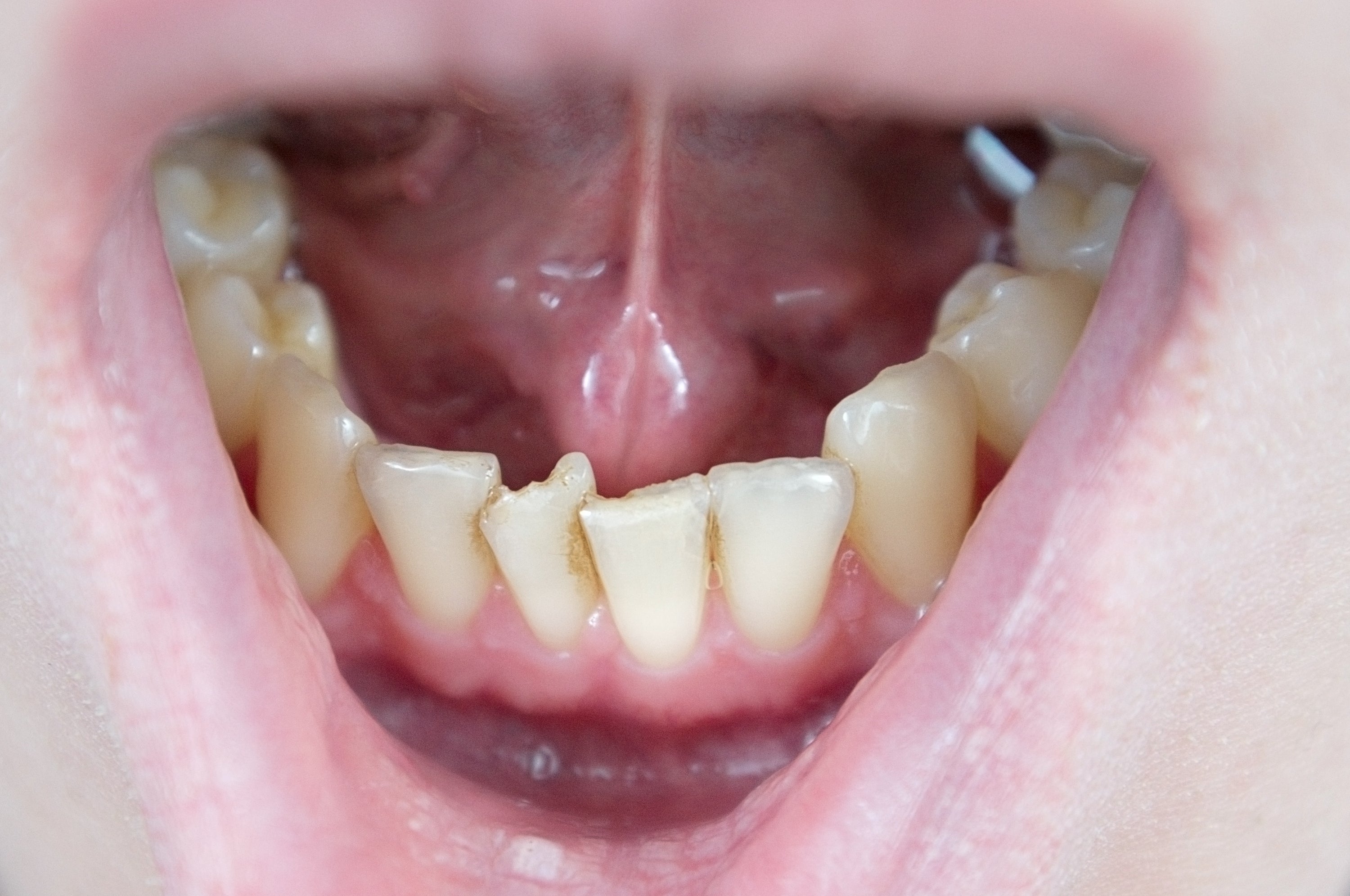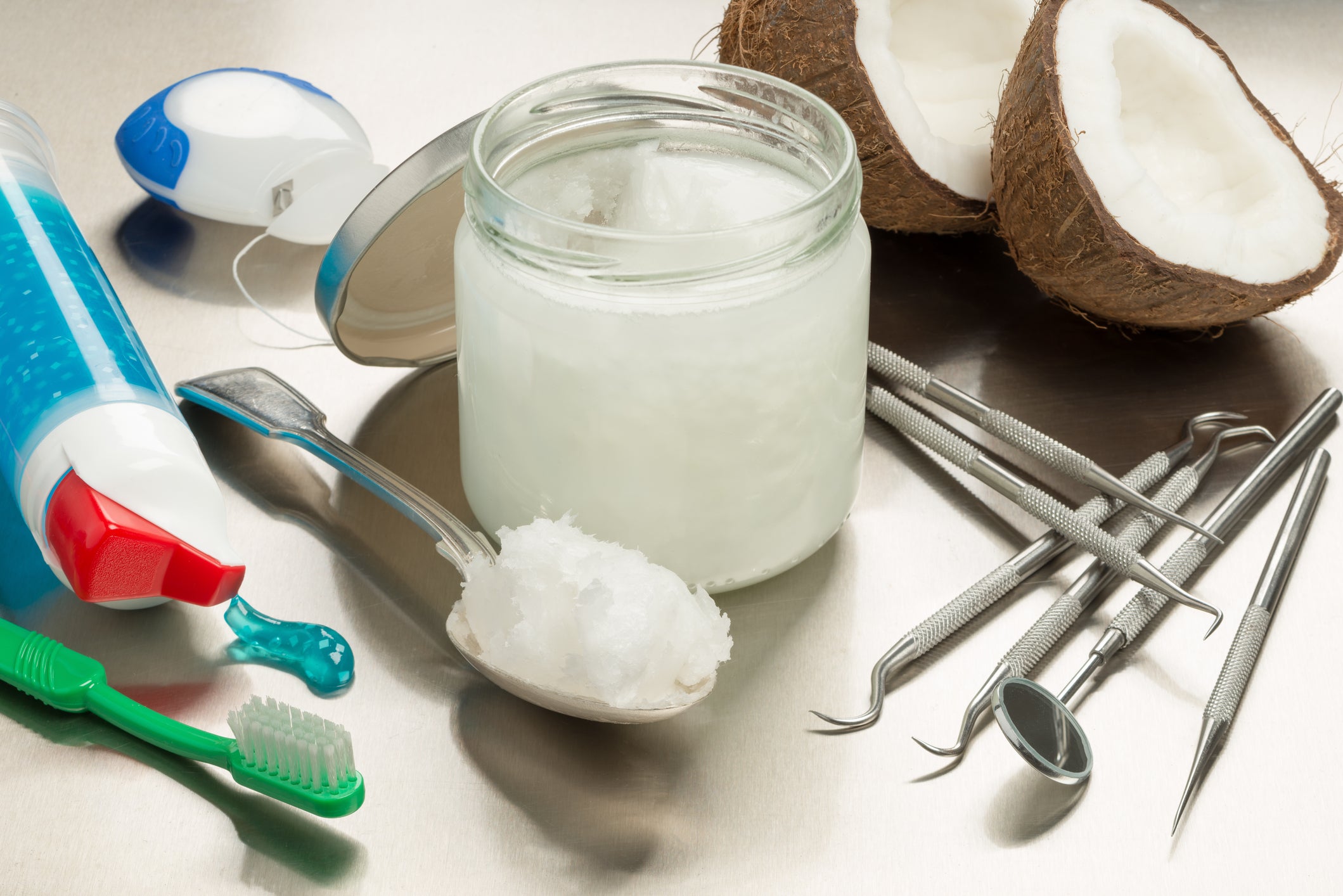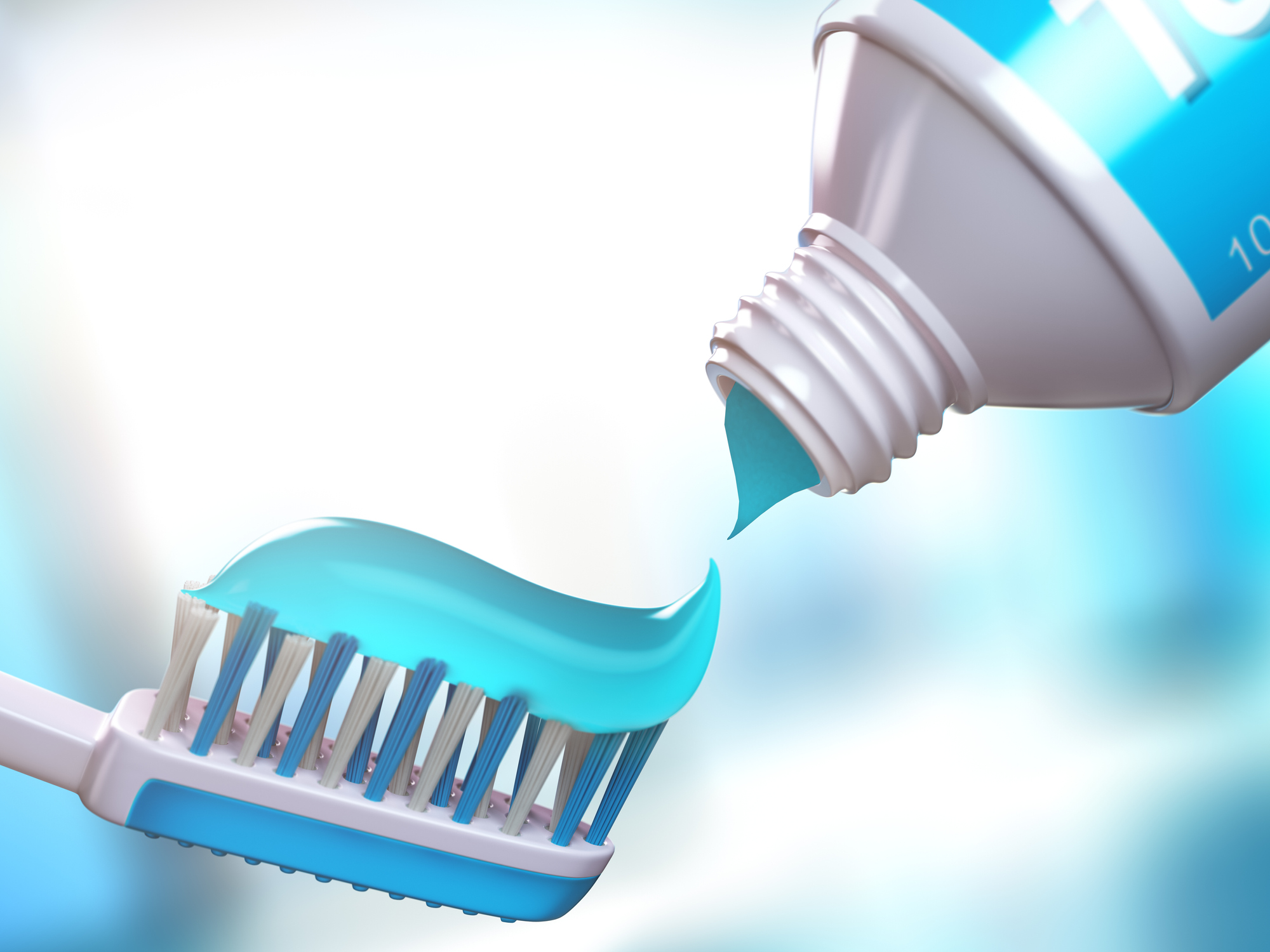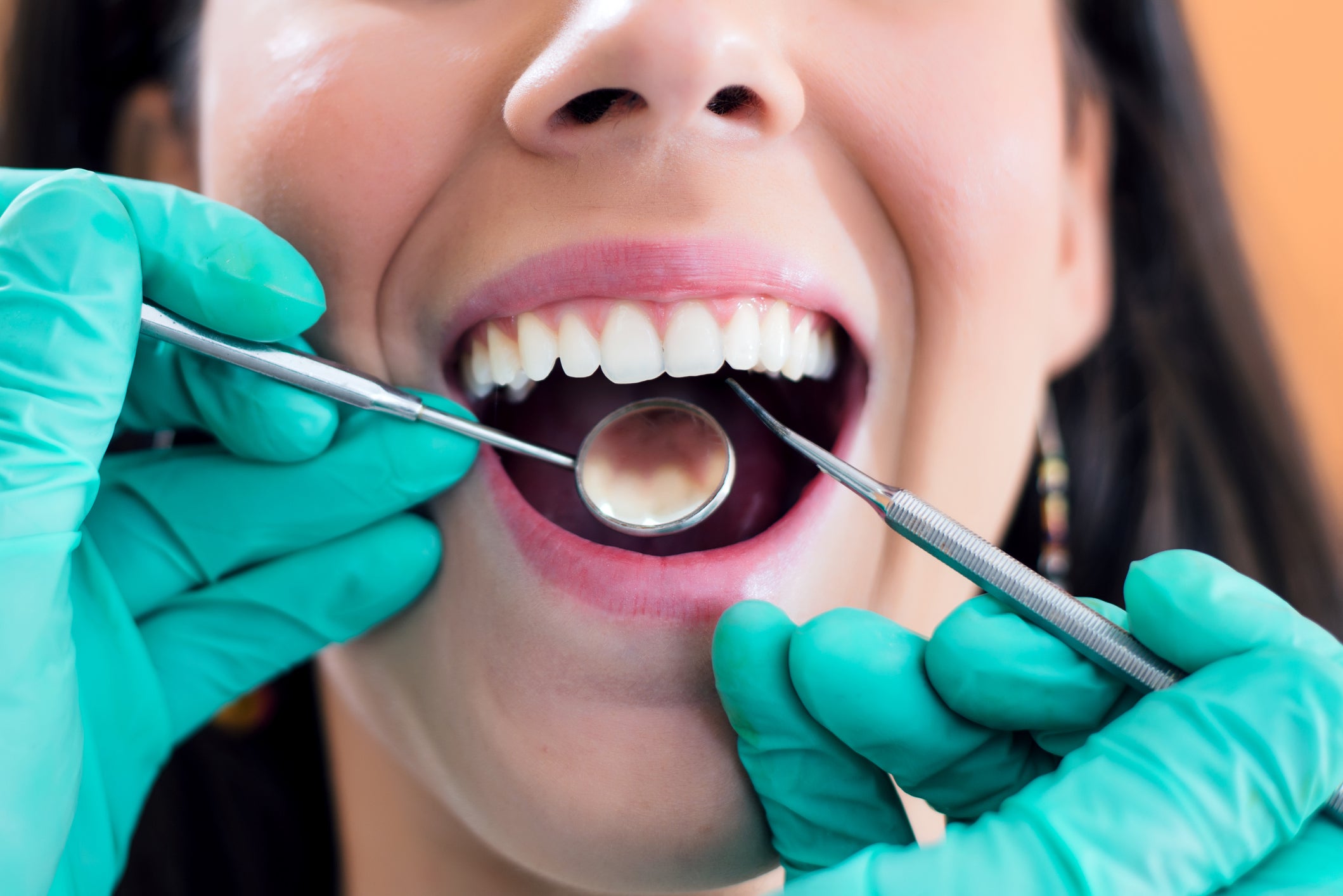-
How Teeth Crowding Can Impact your Dental Health

If your teeth are overcrowded, it can make you feel less confident in your smile. What you may not realize, though, is that it also has serious implications for the health of your mouth. Here are some reasons why, along with some tips to help you improve your dental health.
- It’s harder to clean overcrowded teeth. If your teeth are incorrectly spaced, you won’t be able to effectively brush and floss them. You’ll be unable to get the floss in between some of your teeth, and you won’t be able to brush every surface of your teeth. This can lead to bad breath, cavities, and health problems that occur when an overgrowth of bacteria in your mouth makes its way to other parts of the body.
- Crowded teeth can increase your risk of gingivitis. When you don’t completely remove the plaque from your mouth, it can cause gingivitis, an early stage of gum disease. The symptoms of gingivitis are red, swollen, irritated, and sometimes bleeding gums, along with bad breath.
- If your teeth are overcrowded, you may experience pain. Sometimes, when you have a crowded mouth, a tooth becomes impacted because it has no room to erupt from the gums. This impaction can also cause overcrowding, by pushing other teeth into a problematic position, which can lead to pain when you bite or chew.
- Bite problems happen when crowding causes misalignment. If your teeth aren’t lining up correctly because they’re too crowded, you won’t bite properly. This can lead to cracking, chipping, and otherwise damaging your teeth.
- Allergies may be connected to teeth crowding. This goes back to the oral care component: when you can’t properly clean your teeth, it leads to poor oral health. In turn, poor oral health has been linked to allergic rhinitis, asthma, and skin allergies.
- You’re more likely to grind or clench overcrowded teeth. This grinding and clenching, also called bruxism, can cause headaches, face pain, damage to your teeth, and temporomandibular joint (TMJ) disorders.
So, what can you do about crowded teeth? In some cases, especially with impacted teeth, you may need an extraction. Often, however, your crowded mouth can be greatly improved using orthodontia. One of the simplest and most effective ways to move teeth into the correct placement in your mouth is using Invisalign®. Talk to your dentist or orthodontist about the options that are available to you.
Whether you need simple cleaning or a specialty service like Invisalign®, choose the practice that was voted best dentist in NYC! At Park 56 Dental Group, we offer pediatric, prosthodontics, endodontics, oral surgery, Invisalign®, emergency, and sedation dentistry, all at the highest level of treatment. We serve the Midtown, Central Park, Upper East Side, Park Avenue, and all surrounding Manhattan and New York areas, with a patient-centered practice that has hours to fit your schedule. Schedule your complimentary consultation today by contacting us online or calling us at (212) 826-2322.
-
Does Coconut Oil Pulling Actually Work?

Have you heard of oil pulling? Essentially, it’s the practice of swirling oil around your mouth and then spitting it out. Why do people do this, and is it actually a good idea?
The practice of oil pulling originated as a folk remedy, part of traditional Ayurvedic medicine in ancient India. People practicing oil pulling use sunflower oil, sesame seed oil, or, most frequently, coconut oil. This oil is swirled around the mouth for somewhere between five and twenty minutes, long enough to be swished all over the teeth and mouth, and then it is spit out into the sink or trash can.
Proponents of oil pulling claim that it removes toxins and bacteria from the body, pulling them out through the gums and mouth. Many different benefits are attributed to oil pulling, and advocates claim it can whiten teeth, treat tooth decay, eliminate bad breath, heal bleeding gums, prevent cavities, heal the sinuses, and even prevent heart disease. Some go even further, saying it can help with allergies and asthma, chronic fatigue, diabetes, migraine headaches, and acne.
If these claims seem a little over the top to you, you have good instincts. From a scientific standpoint, there’s very little evidence to back up these claims. The ADA (American Dental Association) doesn’t recommend it because of a lack of science; there just haven’t been an adequate number of properly conducted studies to confirm its efficacy.
On the other hand, there is research to show that oil pulling can have one particular benefit for your oral health. Some studies have indicated that oil pulling with coconut oil can significantly reduce the number of Streptococcus mutans bacteria in your mouth. This is good news, because S. mutans is one of the primary factors in plaque buildup and tooth decay. So, while oil pulling is unlikely to be the cure-all some claim it to be, by removing some bacteria from your mouth it can reduce your risk of tooth decay, gum disease, and bad breath.
Does this mean you should try it? It’s up to you. There’s very little risk involved in oil pulling, as long as you use a reputable oil and then spit it out and don’t inhale it. Here’s the most important thing to remember, though: oil pulling is no substitute for good dental hygiene. Try it if you’re interested, but don’t stop brushing your teeth at least twice a day and flossing at least once.
When you’re looking for excellent dental care and advice you can trust, choose the practice that was voted best dentist in NYC! At Park 56 Dental Group, we offer pediatric, prosthodontics, endodontics, oral surgery, Invisalign®, emergency, and sedation dentistry, all at the highest level of treatment. We serve the Midtown, Central Park, Upper East Side, Park Avenue, and all surrounding Manhattan and New York areas, with a patient-centered practice that has hours to fit your schedule. Schedule your complimentary consultation today by contacting us online or calling us at (212) 826-2322.
-
What to Look for When Buying Toothpaste

Buying toothpaste seems like it would be a simple process. When confronted by shelves and shelves of options, though, it can quickly become complicated. Add in some social media ads about alternative toothpastes and it’s understandable that you might be completely confused. Not to worry! We’ve got some tips to make buying your next tube of toothpaste simple.
- Make sure the toothpaste you pick is ADA approved. Toothpastes with the ADA seal of approval are safe to use and guaranteed to be effective.
- Check for fluoride. Fluoride helps prevent tooth decay by strengthening your tooth enamel. When you use toothpaste with fluoride, you can maintain and, in some cases, improve your oral health. There are two types of fluoride found in toothpastes, stannous fluoride and sodium fluoride, with stannous being the more effective type.
- Take a close look at the ingredients. Sodium laurel sulphate (SLS), for example is a controversial ingredient. While it’s useful for cleaning the teeth, removing bacteria, plaque, and food particles, there is also evidence that it can contribute to sensitivity and cause mouth ulcers for some people. If your teeth are sensitive, avoid SLS. If you do use it, don’t swallow it, because it can negatively impact your health. People with sensitive teeth might wish to look for potassium nitrate and strontium chloride, which can help desensitize teeth. Be wary of triclosan because this common bacteria-fighting ingredient may actually contribute to bacterial resistance.
- Consider your specific needs in dental care. Are you looking for better tartar control? Tooth whitening? Desensitizing? Gum health? Think about what you’re hoping to achieve with your oral care and that will help inform your toothpaste decision.
- Think about flavor and texture. While it may seem frivolous to choose a toothpaste based on the way it feels and tastes, it’s actually an important piece of the puzzle when you’re shopping for the right toothpaste for you. If you don’t like the way your toothpaste tastes, brushing your teeth will be less appealing.
- What about alternatives to traditional toothpaste? There are some toothpastes that use unconventional ingredients and are somewhat trendy, but are they as effective as traditional toothpaste? Probably not. For instance, toothpastes that use aloe vera aren’t likely to fight plaque or gingivitis any more effectively than other toothpastes, and most aloe vera toothpastes lack fluoride. Charcoal is another trendy toothpaste ingredient, but it may do more harm than good, because it is abrasive and can damage your tooth enamel.
- Ask your dentist for recommendations. When in doubt, ask a professional! Your dentist is an expert not only on tooth care but also on your unique oral health history.
If you’re looking for a dentist in New York, choose the practice that was voted best dentist in NYC! At Park 56 Dental Group, we offer pediatric, prosthodontics, endodontics, oral surgery, Invisalign®, emergency, and sedation dentistry, all at the highest level of treatment. We serve the Midtown, Central Park, Upper East Side, Park Avenue, and all surrounding Manhattan and New York areas, with a patient-centered practice that has hours to fit your schedule. Schedule your complimentary consultation today by contacting us online or calling us at (212) 826-2322.
-
Plaque vs Tartar vs Cavities…What’s the Difference?

When you go to the dentist, a lot of unfamiliar terms may be thrown around. Sometimes, it can be confusing to keep up with all the instructions you’re being given and all the information your dentist is sharing with you. One source of confusion is the subject of plaque, tartar, and cavities. Do you know the difference?
- Plaque happens when sugary or starchy food mixes with the bacteria in your mouth. A collection of bacteria then sticks together on your teeth, causing you to feel like your teeth are fuzzy. What’s actually going is that the bacteria have formed a biofilm on your teeth, creating a slimy, sticky, white or yellow film. Plaque can cause bad breath, and if you don’t remove it, irritate your gums. You can remove plaque, however, by brushing, flossing, and using mouthwash.
- Tartar happens when you don’t sufficiently remove plaque. When that plaque stays on your teeth, it hardens, creating a sort of shield for bacteria. This hardened plaque is called tartar, or calculus. Tartar can’t be removed by regular dental hygiene, and must be removed by a dentist or hygienist. Tartar makes your teeth look discolored, and it traps plaque, making it more difficult to remove. In this way, plaque and tartar work together to remove minerals in your tooth enamel, causing tiny holes in the enamel.
- Cavities are the result of bacteria and acid making it through those little holes. The bacteria and acid make their way to the dentin layer of your teeth, which communicates with your nerves and causes sensitivity. They then move on to the inner tooth, where the nerves and blood vessels are located, called the pulp. The pulp becomes swollen and irritated, causing pain and permanent tooth damage. This damage is known as tooth decay or cavities.
As you can see, one thing leads to another when it comes to plaque, tartar, and cavities. That’s why it’s so important to brush and floss daily and see your dentist for regular cleanings. While you’re there, the dentist might recommend further treatments to combat plaque, tartar, and cavities. Dental sealants, for example, can help protect against plaque and tartar, and fluoride treatments can make your teeth more resistant to acid. Talk to your dentist about the best ways to care for your dental health and prevent tooth decay.
Whether you need a cleaning or good dental advice, choose the practice that was voted best dentist in NYC! At Park 56 Dental Group, we offer pediatric, prosthodontics, endodontics, oral surgery, Invisalign®, emergency, and sedation dentistry, all at the highest level of treatment. We serve the Midtown, Central Park, Upper East Side, Park Avenue, and all surrounding Manhattan and New York areas, with a patient-centered practice that has hours to fit your schedule. Schedule your complimentary consultation today by contacting us online or calling us at (212) 826-2322.
RECENT POSTS
categories
- Uncategorized
- Cosmetic Dentistry
- Veneers
- Healthier Teeth
- Teeth Whitening
- Dental Health
- Video
- Dental Emergencies
- Invisalign
- Dental Implants
- Root Canal
- Sedation Dentistry
- Infographic
- Dental Crowns and Bridges
- Dental Anxiety
- Gum Disease
- COVID-19
- Bad Breath
- New York Dentist
- Cut out sugar
- General Dentistry
- Oral Health
- Oral Cancer
- Dry Mouth
- Gum Health
- Toothache
- Dental Sealants
- Cavities
